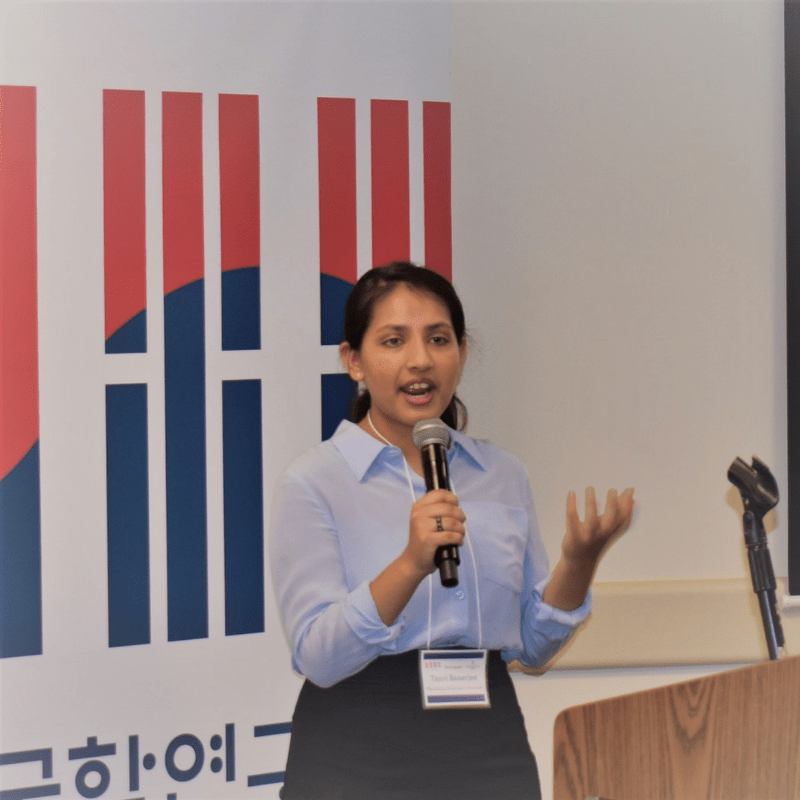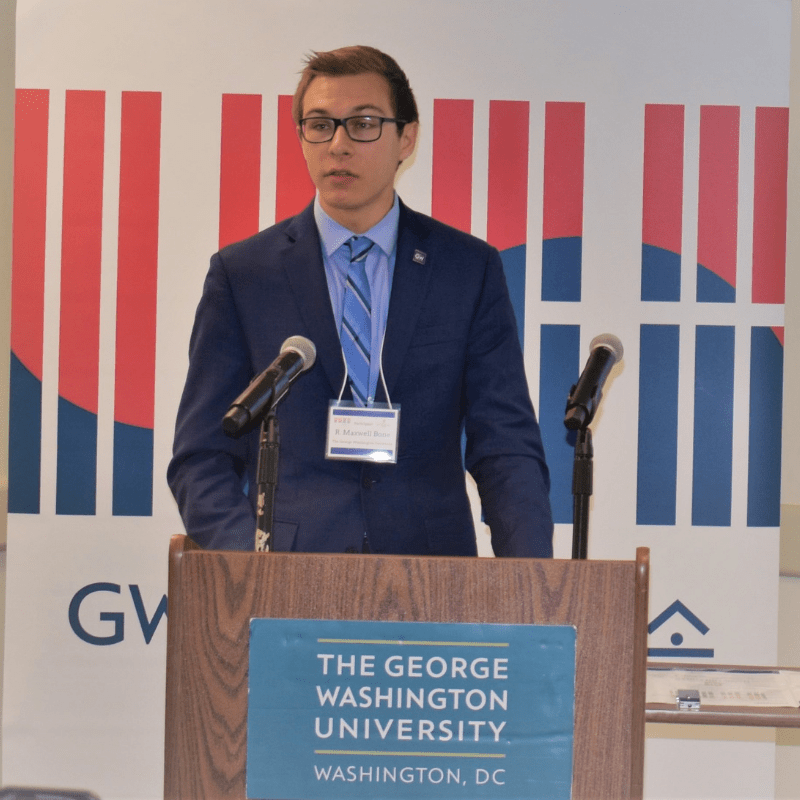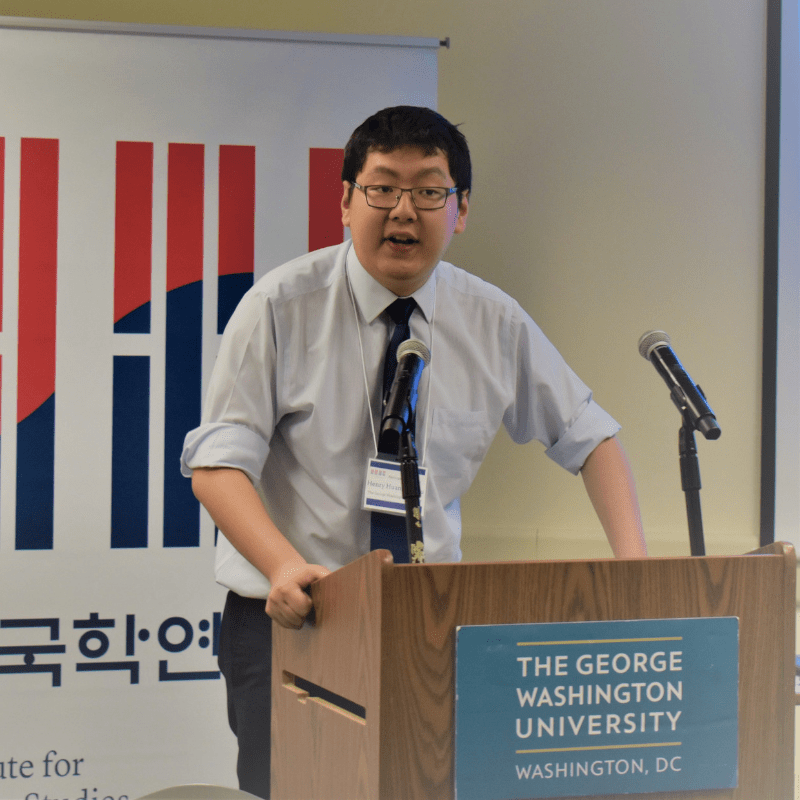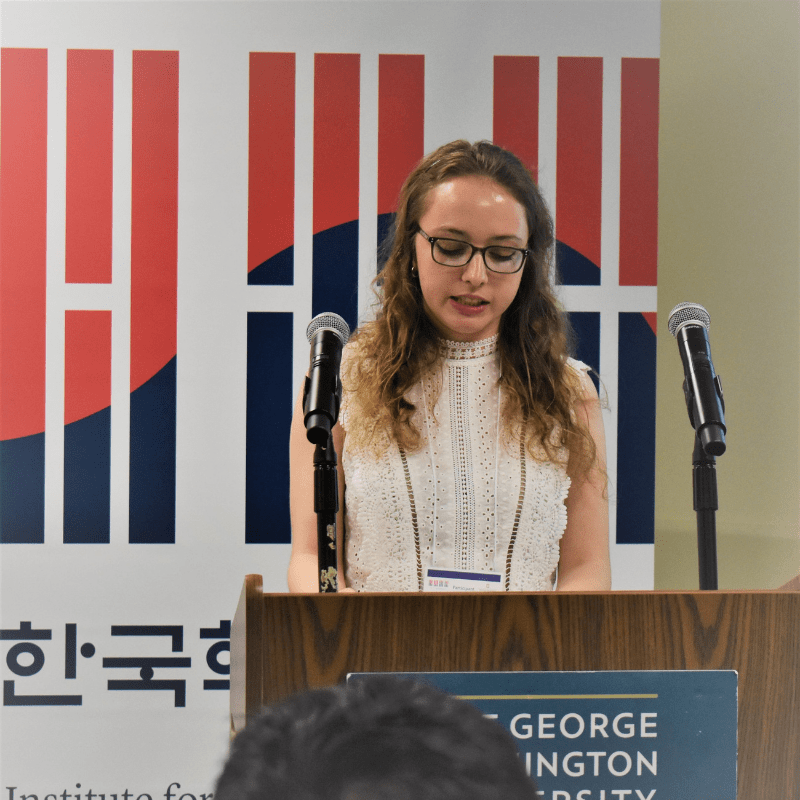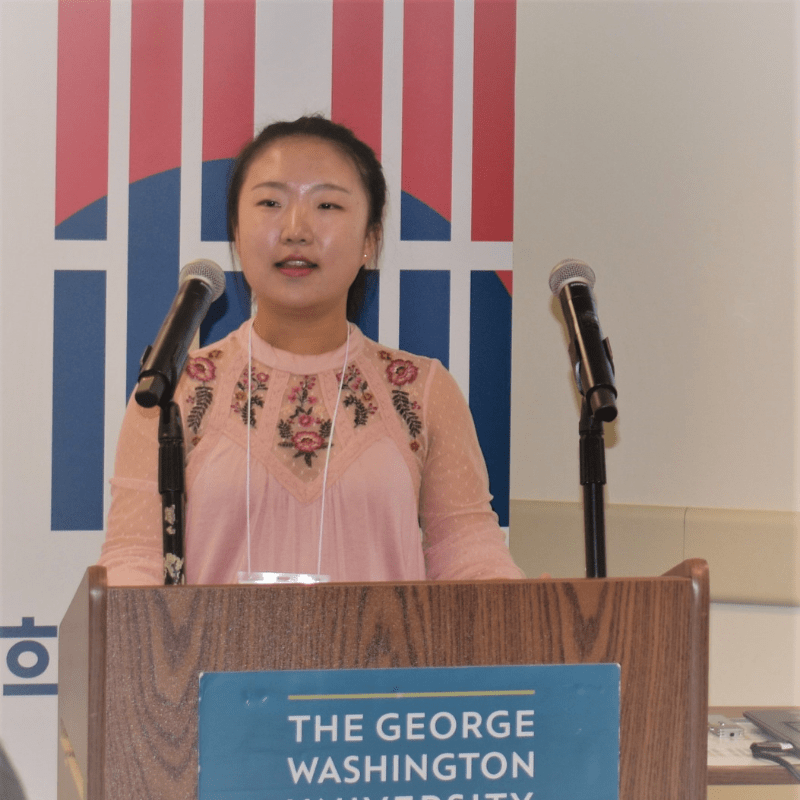GWIKS Roundtable Summary: U.S.-China Strategic Rivalry and U.S.-ROK Alliance (August 5-6, 2021)
Executive Summary
The discussion, building off of the previous meeting in April, showed that while there was broad consensus on the challenges and threats posed by both China and North Korea, and the necessity of a strong U.S.-ROK Alliance amidst the changing geopolitical landscape, there were differing
views when exploring the particulars of issues such as security policy on the Korean peninsula and the wider region and what position South Korea should take in the U.S.-China Strategic Rivalry.
While there was broad agreement on key issues as in the April discussion, the American panelists differed on the specifics of such topics like the security policy in the Indo-Pacific, whether the deployment of land-based missiles in allied countries and even tactical nuclear weapons on the
Korean peninsula are suitable policies. Additionally, the shifting focus away from the Korean 2 peninsula to the Taiwan strait as the central area of tension in the evolving U.S.-China strategic rivalry was greatly discussed, particularly by the American experts.
The South Korean participants generally had questions regarding the particulars of U.S. security policy toward the Korean peninsula and East Asia. However, compared to the previous meeting, the South Korean side displayed more optimism regarding the U.S.-ROK Alliance and cooperation,
not only in defense but in pandemic response, climate change and energy. But some Korean participants expressed concern regarding these future variables and the contrast of China’s growing economic and military clot with relative U.S. stagnation. Particularly, some on the Korean side showed unease at the prospect of the U.S. leaving conventional defense to Seoul alone as other areas such as Taiwan take precedence. They also discussed the potentialities of the future as the Moon administration nears its end in addition to the upcoming U.S. political elections and the potential foreign policy changes it could initiate.
On facing the challenges and threats posed by North Korea, there was much debate and difference in opinion on the collective responses to both North Korean survival strategies and the bold peace offenses Pyongyang may pursue in achieving its aims. While both American and Korean sides
agreed that appropriate measures with North Korea — such as dialogue, engagement and sanctions relief for good behavior and sanctions for unacceptable behavior differences — are crucial, differences emerged between and among both sides regarding the looming presence of China on
issues related to the Korean peninsula. With the China variable in play, American and South Korean participants disagreed on what position Seoul should adopt, with a voice on the American arguing that Seoul’s strategic ambiguity will result in Korea becoming a geopolitical arena or even
a battlefield. Some on the Korean side cited Korea’s long relationship with China as evidence that Korea has the historical know how to deal with Chinese influence as in the past.
Overall, despite some disagreement on security policy in regard to China and the Korean peninsula, there was a positive outlook on the U.S.-ROK alliance, which has evolved from a North Korea focused Cold War security alliance to a modern comprehensive partnership cooperating in the fields of climate change, energy, public health, and technology and other wider regional issues. These areas are forming the key pillars of a forward-looking U.S.-ROK bilateral relationship.

